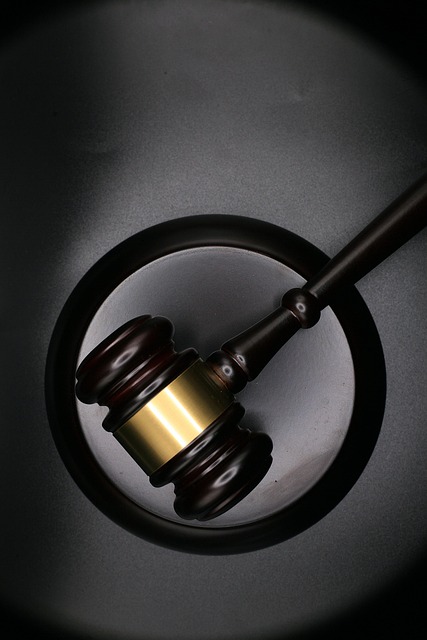Teen Challenge programs, Christian rehab centers for teens, face Teen Challenge lawsuits alleging physical, emotional, and sexual abuse, financial exploitation, and coercion. Legal battles aim to hold them accountable under state laws, human rights violations, and contracts, with potential monetary compensation for plaintiffs and significant risks for the organizations. These cases shape a complex regulatory environment, impacting systemic changes in youth rehab practices nationwide.
“Uncovering the complexities of Teen Challenge lawsuits: A comprehensive guide.
Class-action lawsuits against Teen Challenge programs have gained significant attention, raising questions about their operational structure and potential legal implications. This article explores these controversies in detail. We dissect Teen Challenge programs, understanding their unique placement services and religious-based philosophies. Common allegations, such as false advertising and emotional distress, are examined, along with the grounds that spark these lawsuits. Additionally, we delve into the legal landscape and possible outcomes for all involved.”
- Understanding Teen Challenge Programs and Their Structure
- Common Allegations and Grounds for Class-Action Lawsuits
- Legal Implications and Potential Outcomes for Involved Parties
Understanding Teen Challenge Programs and Their Structure

Teen Challenge programs, often known as Christian rehabilitation centers, are religious organizations that offer a unique approach to substance abuse recovery for teens. These programs typically involve intense, structured environments where participants undergo rigorous academic and spiritual training alongside addiction treatment. The structure of these centers varies but often includes daily meetings, counseling sessions, and community-building activities aimed at fostering faith and character development.
Many Teen Challenge programs operate as non-profit organizations, relying on donations and volunteers to sustain their operations. This structure allows for a certain level of accessibility, making their services available to a broader range of individuals who might not afford traditional rehab centers. However, it also raises concerns regarding oversight and accountability, particularly when faced with allegations of abuse or neglect, which have led to several Teen Challenge lawsuits over the years.
Common Allegations and Grounds for Class-Action Lawsuits

In many Teen Challenge lawsuits, participants and former attendees allege various forms of abuse, mistreatment, and exploitation within these programs. Common accusations include physical, emotional, and sexual abuse at the hands of staff or other teens, as well as unethical practices such as financial exploitation and coercion. These allegations often center around the intense and immersive nature of Teen Challenge programs, which can create an environment ripe for such misconduct.
The grounds for these class-action lawsuits are multifaceted, encompassing state laws regarding youth protection, human rights violations, and contractual disputes. Plaintiffs argue that the organizations fail to uphold their responsibilities in ensuring a safe and supportive environment for teens, often leveraging the participants’ vulnerability and reliance on the program’s promises for personal growth and success. This has prompted legal battles aimed at holding Teen Challenge programs accountable and advocating for systemic changes to protect young people.
Legal Implications and Potential Outcomes for Involved Parties

A Teen Challenge lawsuit can have significant legal implications for all involved parties. These programs, often marketed as transformative youth camps, are increasingly facing scrutiny under various state laws regarding consent, abuse, and neglect. The potential outcomes of such lawsuits are far-reaching. For plaintiffs, a successful claim could lead to monetary compensation for damages suffered during their participation. This might include physical injuries, emotional distress, or violations of their rights. Conversely, Teen Challenge organizations may face substantial financial burdens, damage to their reputation, and the need to implement stricter policies and procedures to prevent future allegations.
The legal battles can also set precedents, influencing how similar programs across the country operate and potentially leading to systemic changes in youth rehabilitation practices. With each case, the court’s decision could either reinforce or weaken the program’s defense against abuse claims, shaping a complex web of regulations and expectations for Teen Challenge-like facilities.
Class-action lawsuits against Teen Challenge programs, often referred to as Teen Challenge lawsuits, have gained traction due to allegations of abusive practices and neglect. Understanding these programs’ structure and addressing common grounds for litigation are crucial steps in navigating the legal landscape. The implications for involved parties can significantly impact not only the organizations but also those who seek help from such programs. By delving into the legal intricacies, individuals affected by Teen Challenge programs can ensure their rights are protected and strive for positive change within these controversial institutions.
